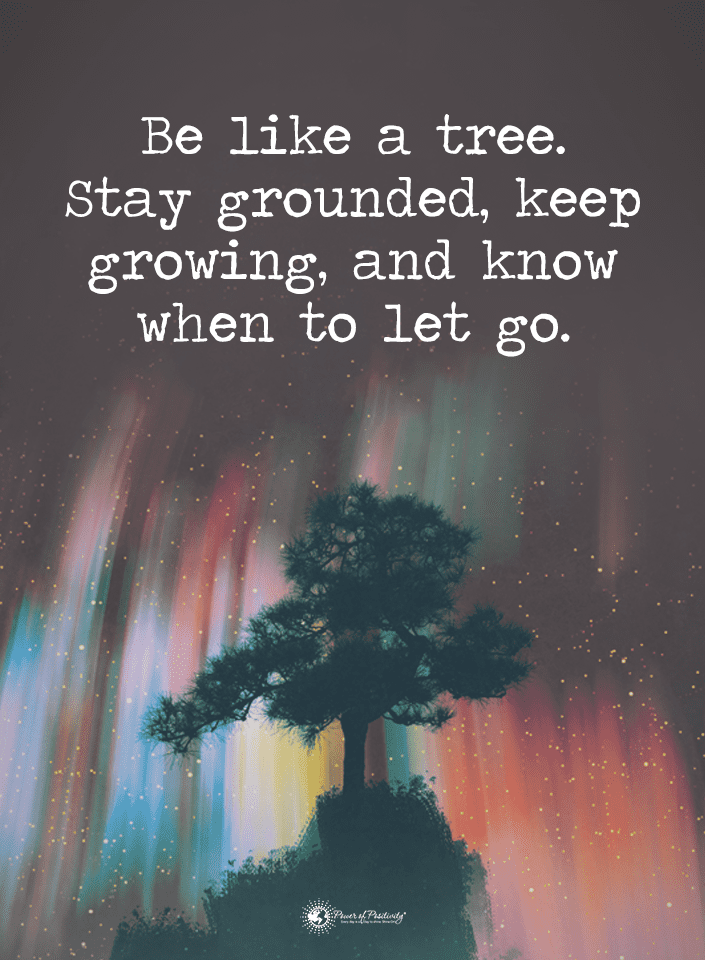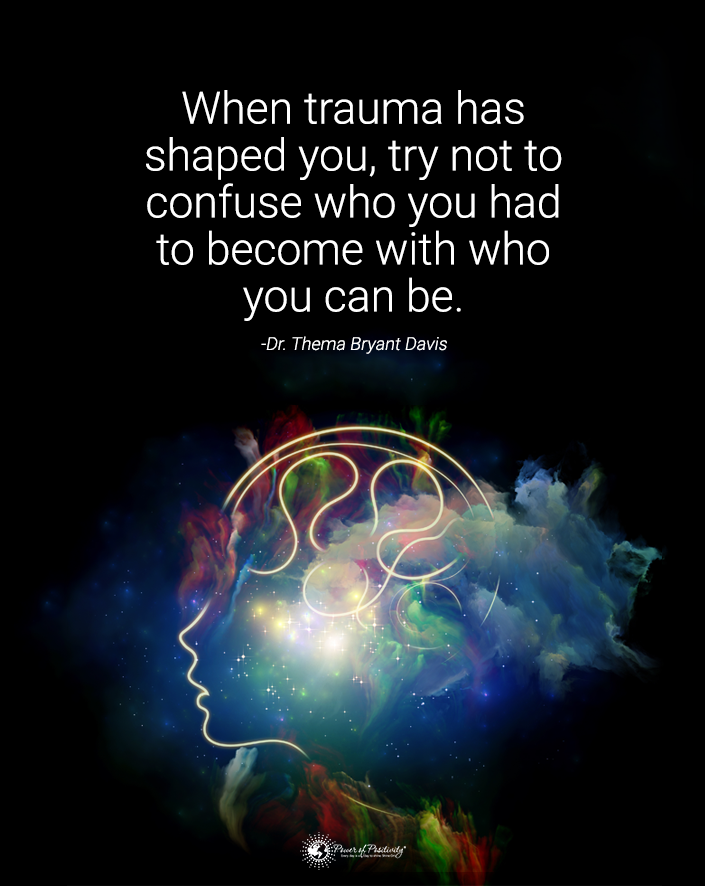Fear naturally occurs as a response to an immediate or perceived environmental threat. When we feel anxious or in danger, our bodies release massive amounts of adrenaline, which triggers the fight-or-flight response. Anxiety, a survival instinct, prompts us to take action during periods of acute stress. However, when it becomes chronic, it puts our bodies and minds into a diseased state.
As humans, we’re meant to experience many emotions, so fear isn’t necessarily a negative thing. Anxiety can help us overcome challenges and take risks when we otherwise would play it safe. But in modern society, our bodies and minds don’t always know the difference between real and perceived threats.
We haven’t yet evolved to deal with the fast pace of life, so our cortisol levels are often high to compensate. Unfortunately, this puts a great deal of strain on our entire system. However, you shouldn’t allow the outer environment to dictate your inner world. Even if it seems hopeless sometimes, you can conquer fear and anxiety by practicing mental equanimity.
3 Reasons for Chronic Fear
Below, we’ll discuss a few common reasons for chronic fear and how to overcome this feeling.
1. Persistent worrying about things outside your control.
When you worry about something, you naturally want to find a solution to the problem. However, accepting that many aspects of life aren’t in your control is essential. As they say, worrying is like sitting in a rocking chair — it keeps your mind occupied but gets you nowhere. Once you realize this, you can direct your energy toward more productive tasks.
It’s understandable why many people experience chronic fear in modern life, though. We have more worries and stressors in today’s world than in the past. We’re not running from wild animals that want to kill us, but we have much higher mental stress. Mental disorders such as depression and anxiety have skyrocketed in recent years due to job burnout, financial stress, and more.
Unfortunately, many people can’t escape their lives and run into the forest somewhere. So, the best solution to our chronic stress epidemic is remembering to slow down and breathe. Being mindful and remaining in the present moment can do wonders to heal our overly civilized minds.
2. Having an anxiety disorder or phobia.
Everyone worries about something every so often — it’s part of what makes us human. However, it becomes a problem when the worries turn into chronic fear or anxiety. For example, people with a generalized anxiety disorder (GAD) tend to feel persistent concern about almost anything. They can’t pinpoint the cause of their anxiety or phobia because everything seems to trigger the feeling.
That’s because people suffering from anxiety have more difficulty separating non-threatening stimuli from actual dangers. Their cortisol levels remain heightened because they’re in survival mode constantly. This disorder can be debilitating for many people, getting in the way of jobs, relationships, and other aspects of life.
But, with proper treatment such as therapy, medication, and lifestyle changes, it’s possible to overcome anxiety. No one wants to live in a state of fear all the time, but for many people, it’s an uphill battle to fight this feeling. In a way, their bodies and minds only want to protect them and further their chances of survival. But in our civilized society, it can feel like more of a burden than a blessing.
If you suffer from anxiety or other mental disorders, please remember to go easy on yourself. It takes time to heal and trust your intuition, but you can do it with patience and practice. Try meditating, doing yoga, spending time in nature, and other self-care techniques that relax your nervous system.
Also, as difficult as it may seem, try to observe the fear rather than run from the feeling. Becoming aware of your emotions and watching them rise and fall can do wonders for your anxiety. The premise behind this technique is to become a silent witness to the things you experience rather than the one experiencing them. At first, separating yourself from your emotions may seem hard, but you will start to notice the difference over time.
3. Chronic fear may occur due to unhealed childhood trauma.
Some people dislike talking about childhood trauma because it triggers uncomfortable emotions. They’d rather sweep it under the rug and pretend nothing ever happened. However, ignoring painful events from the past creates a state of mental imbalance and disease. It’s different when you feel unbothered about what happened, and you learn to let it go. But, if you still harbor resentment or pain from your childhood, it will come to the surface eventually.
Many people who have unhealed trauma deal with mental disorders and live in a state of fear. In many cases, they have taken on this trauma and made it part of their identity. As such, they can’t move forward in life because everything reminds them of how they suffered at the hands of others.
If you haven’t made peace with the past, it will always come back to haunt you at some point. But you deserve to live fully and move beyond constant stress or fear. You might benefit from therapy that addresses healing your inner child and learning to forgive those who hurt you.
Final Thoughts on Recognizing These Things That Can Cause Chronic Fear
People feel fear for various reasons, usually due to unhealed trauma from the past or mental disorders. Because emotions get embedded in our tissues and brain networks, it’s hardly a simple task to undo years of trauma. It requires a commitment to yourself to overcome negative feelings and begin the process of healing. Therapy, psychiatric medications, and lifestyle changes can lead to mental wellness.
So, if you feel persistent fear, please remember not to give up on yourself. It’s possible to heal and break free from the chains that tie you down if you first offer yourself love and compassion. More than ever, we need healing and love on this planet, which begins within each of us.
The post 3 Things That Cause Chronic Fear appeared first on Power of Positivity: Positive Thinking & Attitude.









